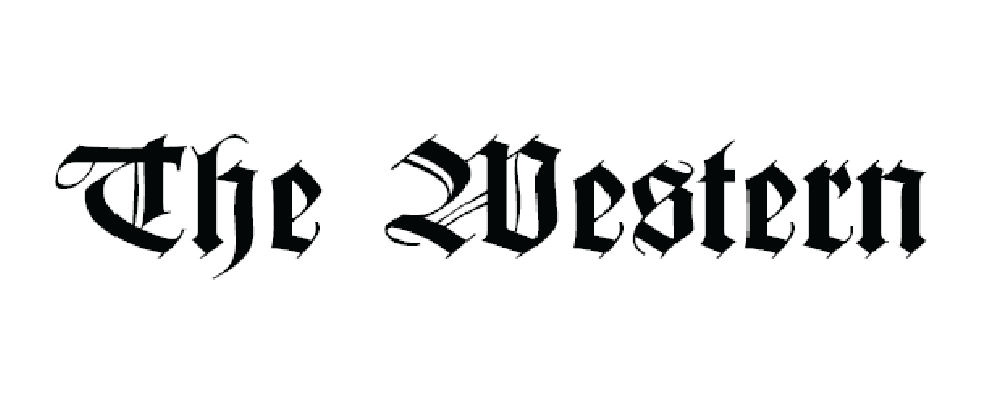[PANEL] '2-7, Where My Heart Is At' - 4ESYDNEY's When Creative Expression And Censorship Collide
Rap is no stranger to controversy. Commercial success for the genre came through resilience and determination, with many arguing that it is yet to be accepted as a true art form. Hip-hop’s gangsta-rap era was met with heavy scrutiny - from criticism of lyrical content to negative representation in popular media, but if you swap Inglewood for ‘The Area’, we start to see history repeating itself.
4ESYDNEY’s recent panel When Creative Expression and Censorship Collide, brought together some of Sydney’s notable music industry personalities, namely Randy Glazer, L-FRESH The LION, Ricky Simandjuntak, and Maxine Johns. Mediated by MC Trey, local outfit ONEFOUR was used as a base for a discussion that explored the impact of censorship on the Western Sydney music scene and what work remains to be done.
ONEFOUR manager Simandjuntak offered an objective but honest perspective, making it clear that tension between the police and his group would be reduced with intentional and constructive conversation. A lack of cultural understanding was deemed a factor that worsened this friction, and he noted that it was better for artists to take to the microphone than the streets to let off some steam. Trey’s own background was a testament to this idea. In explaining that her culture places high importance on one’s origin, she indirectly touched on a possible contributing factor for the ‘gang’ tensions within Western Sydney.
‘There’s a lack of communication between the two parties that need to talk the most.’ (Image: 4esydney)
It became clear that censorship from authority sought to address symptoms rather than causes, with South West stalwart L-FRESH the Lion contributing with his experience within the industry. The rapper proposed that pressure to conform may force artists to misrepresent themselves and their communities. The notion of artistic integrity was bounced around by Johns - if artists were to be forcibly instructed on how to carry out their work, would it still be an authentic reflection of their reality?
Where to, then? Everyone involved values the safety of concert-goers, but it is not difficult to imagine why authorities may worry about large crowds gathering to hear this kind of music. Glazer raised this exact point - they understand that these kids make music about their environment, but what about the mother of the kid that got beaten up as a result? Regardless, ONEFOUR’s tone won’t always be the same. FRESH noted one of the driving forces behind rap’s inception - no one wants to live in the same place forever.
‘Why ask them to be honest and then tell them it’s too much?’ (Image: 4esydney)
The boys from ONEFOUR are still young - full of energy and entrepreneurial spirit, it’s inevitable that they take these roadblocks in their stride and move on to bigger and better things. If authorities were to persist in censoring their live shows, an unhealthy attitude towards law enforcement may further complicate matters. As Simandjuntak said, it takes a constructive approach to begin to make any progress.
Glazer summed up the entire conversation with a dash of lighthearted hope - there’s always an answer, we just need to talk.


